For the majority of people, the familiarity with criminal law comes in fragments- from television, books, and movies. But, the moment we become personally involved in the criminal law system, real-life issues start to come into focus and the need for assistance and information quickly arises. It is vital to be aware of the basics of a criminal law, the criminal statutes, criminal law players and procedure, as well as the potential outcome of a criminal case.
Criminal Law and Its Sources
When a certain society and its government decide that a specific conduct is dangerous to the citizens, or can be damaging to the society as a whole, this conduct is labeled as a “crime” and this is made punishable by sanctions, such as fines and imprisonment. The majority of crimes is identified in statutes that have been enacted by the state, federal, and local government legislatures, and this is in response to issues that affect the jurisdiction. For instance, a city may determine that it’s a crime to get drunk in public, while the federal government decides bank robbery to be a federal crime, since most of them are federally insured. Criminal statutes basically describe the type of conduct that has been deemed as a crime, the intent or mindset required, and in some other instances, the proper punishment.
People who’ve been found to have violated a criminal law, whether as a result of a jury trial or their admission by a “guilty” plea can be punished through imposition of imprisonment, fines, community service, or probation among other forms of penalty.
Players and Procedures in A Criminal Law
The criminal law system encompasses the whole criminal process itself, from the investigation and arrest, to conviction and sentencing. And the people who have a role to play in the process: the accused, prosecuting attorneys, police officers, criminal defense attorneys, bail bondsmen, witnesses, judges, correction officers and probation officers.
Throughout the stages of the criminal process, a person who is suspected of or charged with a crime is entitled to some fundamental rights. These may include the right to an attorney, as well as the right to a speedy jury trial. These constitutional rights provide balance between the interest of the government in ensuring that the criminal behavior is identified and punished, and the fundamental has to promote and preserve individual freedoms that characterize a democratic society.
Criminal Case: The Outcome
The outcome of a criminal case is dependent upon the crime that’s been charged, the strength of the available evidence, the legal validity of the law enforcement, the courtroom procedure/s, and the goals and strategies of the government and defense. When all has been said and done, there might be no legal consequence for a person who is charged with a crime, as the charges are dismissed, or a full-fledged jury trial may result in a criminal conviction.
Understanding the basic things about criminal law is a must, not only when we get involved in a criminal case, but to help the people we love when they get into the situation. A criminal law is complex and getting out of it may not come so easy, unless you seek the help of a criminal defense lawyer who will be fighting for your rights.


